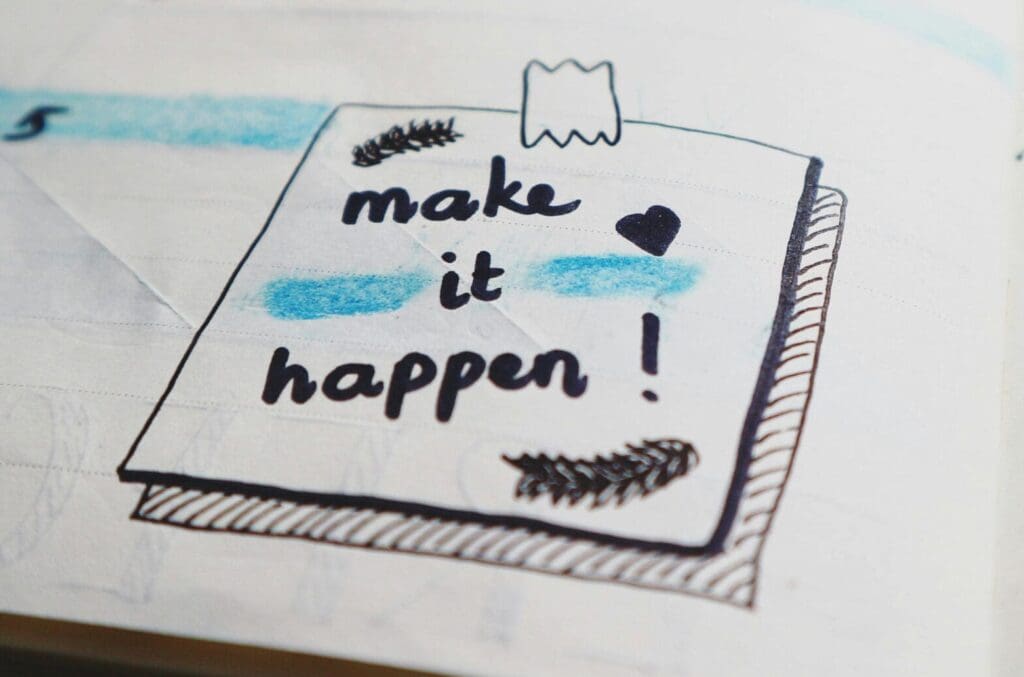Identifying The Signs of Suicide & Supporting a Loved One
By: Alyssa Bombacino & Joelle Rabow Maletis
In September, National Suicide Prevention Awareness Month is observed, in addition to National Suicide Prevention Awareness Week and World Suicide Prevention Day.
During these dates, we aim to shed light on a global issue that affects so many by providing resources, warning signs, and ways to help a loved one. Suicide affects individuals of all ages, ethnicities, and genders. Here are some observable signs that someone is struggling.
Suicide Warning Signs
According to the CDC, suicide is the leading cause of death in the United States. Additionally, from 2000 to 2020, our suicide rates have grown by 30% (CDC). A recent study discussed in the New York Post revealed that 9 out of 10 respondents downplayed their emotions to avoid worrying or burdening their loved ones (Sadlier, 2019). Our nation’s rising suicide rates are a reflection of the this reluctance many have towards speaking about mental health or asking for help
What They May Talk About
🤐Feeling trapped
😓Being a burden to others
😞Feeling hopeless
😫Feeling helpless
😵💫Lost sense of self and feeling directionless
😵Having no reason to live
Behaviors That May Signal Suicidality
⚠️Increased alcohol or drug use
⚠️Isolating from friends and family
⚠️Withdrawing from activities and loss of pleasure
⚠️Giving away prized possessions, money and resources to others
⚠️Risky or risk taking behaviors, relationships, sex and infidelity
Mood Changes To Look Out For
🆘Loss of interest in activities
🆘Depression
🆘Yo-Yoing between spontaneous improvement and devastation
🆘Feelings of humiliation, guilt, shame and blame
🆘Moral Injury
🆘Loss of purpose and identity
🆘Severe anger and mood swings
Ways To Support A Loved One Who Is Struggling
AFSP describes, “Suicide most often occurs when stressors and health issues converge to create an experience of hopelessness and despair.” If a loved one confides in you about something they’re struggling with, or a mental health problem, it’s very important to let them know that they have options and you support them. Below we list our steps for supporting a loved one through a hard time.
1. Listen To Them
Make sure they feel heard. When listening, actively engage with a loved one by maintaining eye contact, asking clarification questions, and giving visual cues such as head nods. Most importantly, let them speak their mind. You should mainly listen to them and what they have to say unless they begin by asking for your advice on the situation.
2. Validate Their Feelings
Accept their emotions and recognize their experiences as legitimate. Your loved one needs to know that what they’re experiencing is normal, and that they’re not crazy. It would be helpful to say to them, “Many other people in your situation would’ve felt the same way” or “That’s understandable that you feel that way”.
3. Help Them Find a Mental Health Resource
Offer to help them find resources and support them in getting professional help. Check online with them for mental health resources in your area so it’s less daunting for them. It’s best to let them know about the mental health resources and what they offer rather than pushing it on them, so they feel as if they have a choice in the matter.
If you are concerned about your safety or another’s please use the mental health resources below or go to your nearest emergency department.
Resources:
National Suicide Prevention Lifeline:
-Call 9-8-8
-Visit suicidepreventionlifeline.org
American Foundation for Suicide Prevention:
-Call 800-273-8255
-Text “TALK” to 741741
-Visit afsp.org
National Veterans Line
-Call 988 and press 1
-Text 838255
-Visit https://www.veteranscrisisline.net/get-help-now/chat
Trevor Project
-Call 866-488-7368
Please note: If you or a loved on is experiencing suicidal thoughts, ideations or desires, please call 988, 911 and go to your nearest emergency room.
At JRM&A we lead with compassionate, trauma-informed therapeutic models that are personalized and solution-focused to help support our client’s needs and attain their personal goals.
You can reach us at (650) 386-6753 or info@joellerabowmaletis to share your comments, ask questions or schedule an appointment.
Sources
Centers for Disease Control and Prevention. (2022, July 18). Suicide prevention. Centers for Disease Control and Prevention. Retrieved September 8, 2022, from https://www.cdc.gov/suicide/index.html
Home. American Foundation for Suicide Prevention. (2022, September 6). Retrieved September 8, 2022, from https://afsp.org/
Sadlier, A. (2019, April 30). 1 in 4 Americans feel they have no one to confide in. New York Post. Retrieved September 8, 2022, from https://nypost.com/2019/04/30/1-in-4-americans-feel-they-have-no-one-to-confide-in/




